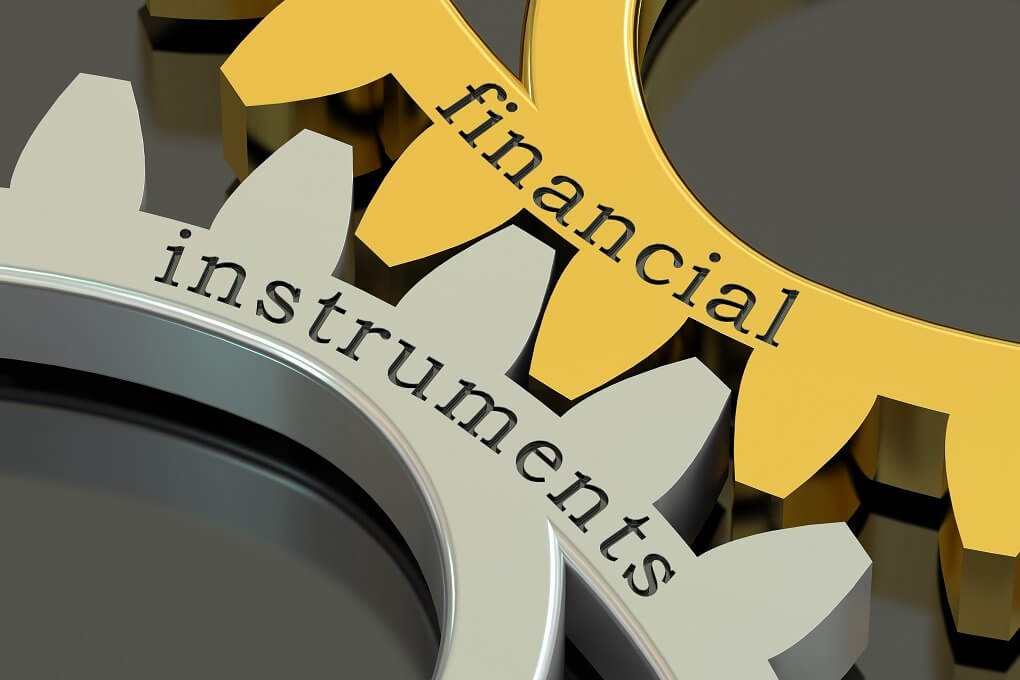The financial market is a very complex industry with a lot of directions and tools in it. One of the most important in this case is the financial instruments that are widely used during the trading/investing process. In general, the financial instruments are the assets that can be traded, or the packages of the capital that can be traded. Cash, the right to receive the cash or deliver it as well as the evidence of the ownership of an entity can be regarded as a valuable asset. After discussing them, the next thing that comes into mind is making the financial position. General valuable assets, financial liabilities, or equity instruments can also be regarded as the parts of the paper.
When an invoice is issued for the sales of goods on credit, the company selling the items has a financial asset, the receivable, while the buyer has a financial liability. Another example is when a company generates funds by issuing stock. The company that purchases the shares has a financial asset, but the issuer of the shares must account for an equity instrument to obtain funds. A third instance is when a company generates funds by issuing bonds. There are several concerns to consider while examining the standards for accounting for financial instruments, including categorization, first measurement, and subsequent measurement. Two main types of financial products are cash instruments and derivatives that are exchanged on the financial market, and the security of their price changes is determined by the market forces.
Contents
Cash Instruments
Cash instruments are marketable and have a value that is determined by financial markets. Cache instruments are divided into two categories: equity and debt instruments.
All those instruments have their means and purpose of use. The most effective trading instruments in Forex trading can be different from the efficient trading instruments in the stock market. This is why a person before actually being involved in any of those industries should have a thorough understanding of the instruments that can be used for that certain trade or investment.
Equity instruments – those are the instruments that indicate asset ownership. There are several examples of equity instruments.
- Common shares – they reflect a portion of the company’s ownership and give its holders claims to the future streams of income, which are paid out of the company’s earnings and are known as dividends.
- Preferred shares – those are a type of financial instrument that symbolizes an ownership stake in a company but does not provide its owners voting rights. Non-cumulative, redeemable, convertible, and other types of preferred shares are available.
- Private Equity – corporations that are established as partnerships and private limited companies do not have publicly listed shares. The part of the equity investment is private equity that is executed by the private placements.
The three most common sources of private equity investments are venture capital funds, private equity funds, and leveraged buyouts.
- Exchange traded funds (ETFs) – those are index funds that replicate a specified index. As a result, an investor can put money into a specific index that represents the stock market of one certain country.
Debt Instruments – debt instruments are debt/loans supplied to the asset owned by a financial investor. Foreign bonds, floating-rate notes, and other forms of bonds are issued in debt capital markets.
Derivative Instruments
Derivatives are investments that are dependent on certain underlying assets. Derivatives contracts, in general, offer to provide underlying items at a future debt or grant the right to acquire or sell them in the future. The following are examples of derivative instruments:
- Forward contract – a forward contract obligates the holder to purchase or sell a certain underlying item at a certain price at a future date.
- Futures Contract – forward contracts that are transacted on regulated markets are known as futures contracts. when there is an agreement made to purchase or sell a standard amount of asset at a current price on a future date. This is called the futures contract.
- Swaps – a swap is an agreement between two parties to exchange payments regularly. The monetary value of the swapped payments is set by a specified principal amount.
- Options – option is when an option seller suggests the option buyer to buy or sell an emphasized asset at a predetermined price on or before a certain date.
Financial Markets
- A financial market is a marketplace for the exchange or trading of financial products. Price discovery, liquidity, and transaction cost reduction are the three main economic tasks provided by financial markets.
- Price Discovery is when a traded asset is determined by transactions between sellers and buyers of financial instruments. These financial market functions indicate how the amount of money available from people who wish to lend or invest funds will be distributed among people in need of cash and raised through the issuance of financial instruments.
- Due to the fact that it refers to an evaluation of the capacity to sell an asset at its fair market value at any moment, the liquidity investors are having the ability to sell a financial instrument. If the liquidity was not in its place, an investor would be compelled to retain a financial instrument until the right circumstances arose to sell it or the issue was officially compelled to repay it.




